
How AidKit eliminated manual processes and cut close time by 10 days
10
Days Saved
40–50
Hours Reclaimed
100%
Contract Visibility
10
Days Saved
40–50
Hours Reclaimed
100%
Contract Visibility
By adopting Rillet, AidKit reduced its close cycle by 67%, saved a full workweek of reconciliation every month, and unlocked contract-level profitability insights for the first time.
Key Pain Points
- Manual CSV reconciliation consuming 40-50 hours monthly
- Zero visibility into contract profitability or margins
- 15-day close preventing timely financial decisions
- QuickBooks unable to tag balance sheet transactions
Key Results
- Automated workflows cut close time to 4-5 days
- Multi-dimensional analysis reveals contract economics
- Month-end close 10 days faster with better data
- Full contract and fund tracking across all dimensions
The Company
Delivering aid with dignity through modern technology
AidKit operates at the intersection of technology and social impact, helping government agencies and nonprofits deliver critical aid to those who need it most. Founded in 2020, the Certified B Corporation has delivered over $340 million in direct assistance to more than 90,000 people; it announced its Series A in March 2025.
The company's platform powers everything from disaster relief programs to ongoing public benefits, including high-profile initiatives like the LA County wildfire relief effort that distributed aid to thousands of affected residents and businesses. With over 200 agency partnerships, AidKit manages complex, high-volume payment operations that demand both precision and speed.
The Challenge
Manual processes threaten a mission-critical operation
When Rachel Mellby joined AidKit as their first dedicated finance director, she found diligent manual reconciliation and financial reporting that kept payments accurate but weren’t built to scale. The finance stack ran on QuickBooks Desktop via a remote server and depended on sub-ledger CSV exports from their custom software platform with painstaking, transaction-by-transaction reconciliation.
"We manage and disburse thousands and thousands of payments to recipients," Rachel explains. "This volume makes manual steps unsustainable. I wasn’t going to hire more accountants to keep pace with our growth."
The stakes were particularly high given AidKit's mission. Distributing funds for vulnerable populations requires absolute accuracy and transparency. While the accounting team dedicated significant energy to ensuring payments were closely monitored, their financial reporting for operations was limited, contract profitability was invisible, and the 15-day close cycle (significantly slower than industry best practices) meant it was suboptimal for leadership to not have the latest financial information at their fingertips for critical decisions.
She inherited:
- QuickBooks limitations: Cannot tag balance sheet transactions or integrate real-time with other tools, like Rippling. Remote desktop server access was expensive and slow.
- Opaque Contract Economics: No ability to track profitability for operations by programs
- Manual Revenue Recognition: Time consuming effort to recognize revenue and forecast cash flow and financials
- 15-day close cycle: Leadership receiving stale data for critical decisions
The Solution
From stealth mode discovery to rapid implementation
Rachel discovered Rillet just after they emerged from stealth mode. Although Rillet had also just emerged from stealth, Rachel immediately recognized a core feature she needed: multidimensional tagging across all transactions, including balance sheet items that QuickBooks couldn't handle. She wanted a system that could scale with AidKit without being encumbered by expensive implementation and unnecessary add-ons.
"I could see a few things I really wanted that were there cleanly," Rachel recalls. "Multi-dimensional fields, including the ability to tag balance sheet transactions, is something QuickBooks literally cannot do. I knew Intacct or NetSuite could, but I didn't want to pay that price."
The implementation moved quickly despite Rachel going on maternity leave partway through. Within weeks, AidKit had:
- Migrated from QuickBooks Desktop to Rillet
- Set up multi-dimensional tagging for contracts, employees, project phase, and departments
- Automated prepaid amortization workflows
- Implemented the contracts module for revenue management
- Connected Rippling for automated allocations
"The prepaid amortization is so seamless—you put in the dates and there's no schedule to maintain. It's beautiful."
The Results
Real financial intelligence powering social impact
The transformation was immediate. Month-end close dropped from 15 days to 4 days, saving 40-50 hours of manual work monthly. But the real breakthrough was gaining visibility into contract economics for the first time.
"We're able to pull reports to analyze the actual economics and margins on each contract," Rachel explains. "We can track profitability and funds under management for each contract. We never had any of that historically."
The contracts module replaced the manual and error-prone spreadsheet process with Rillet's revenue waterfall, providing reliable contracted revenue data in seconds instead of hours of manual reconciliation. This clarity has enabled AidKit to make data-driven pricing decisions and understand which programs generate sustainable margins.
Rachel's vision extends beyond current improvements. She's building toward integrated dashboards that will give program managers real-time visibility into their contracts—from funds under management to disbursements to profitability—all pulling from Rillet's clean financial data.
By the Numbers
Supporting AidKit's Mission at Scale
For an organization delivering critical aid to vulnerable populations, having reliable financial infrastructure isn't just about efficiency—it's about accountability and impact. With Rillet, AidKit can confidently scale their operations knowing every dollar is tracked and every contract is optimized.
"I want to quickly answer questions about how much we're managing, what we need to invoice, what's open, how profitable we are," Rachel says. "With Rillet's underlying systems, we're getting there."
The LA County wildfire relief program exemplifies this capability. Managing rapid deployment of emergency funds in crisis situations like wildfires, floods, hurricanes, or other disasters requires real-time financial visibility. Program managers need instant answers about funds under management, disbursements completed, and remaining capacity—all while maintaining the audit trails required for government contracts.
“I'm consistently impressed by the meaningful and timely product updates Rillet provides," Rachel reflects. "It's exciting to know you guys are building and improving just like we are, as opposed to the legacy players who are a little stuck in the mud.”





.avif)
